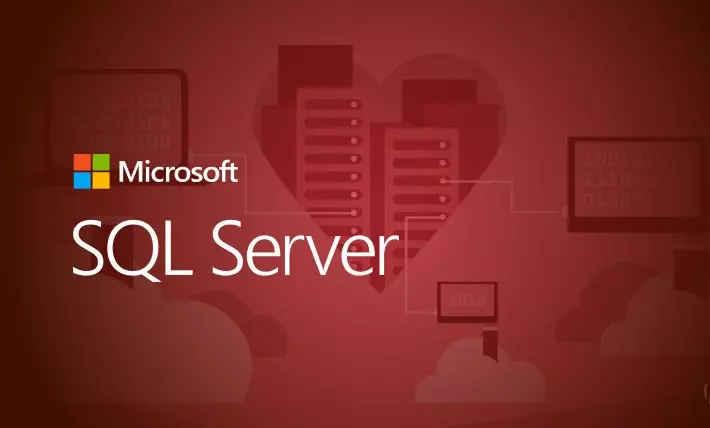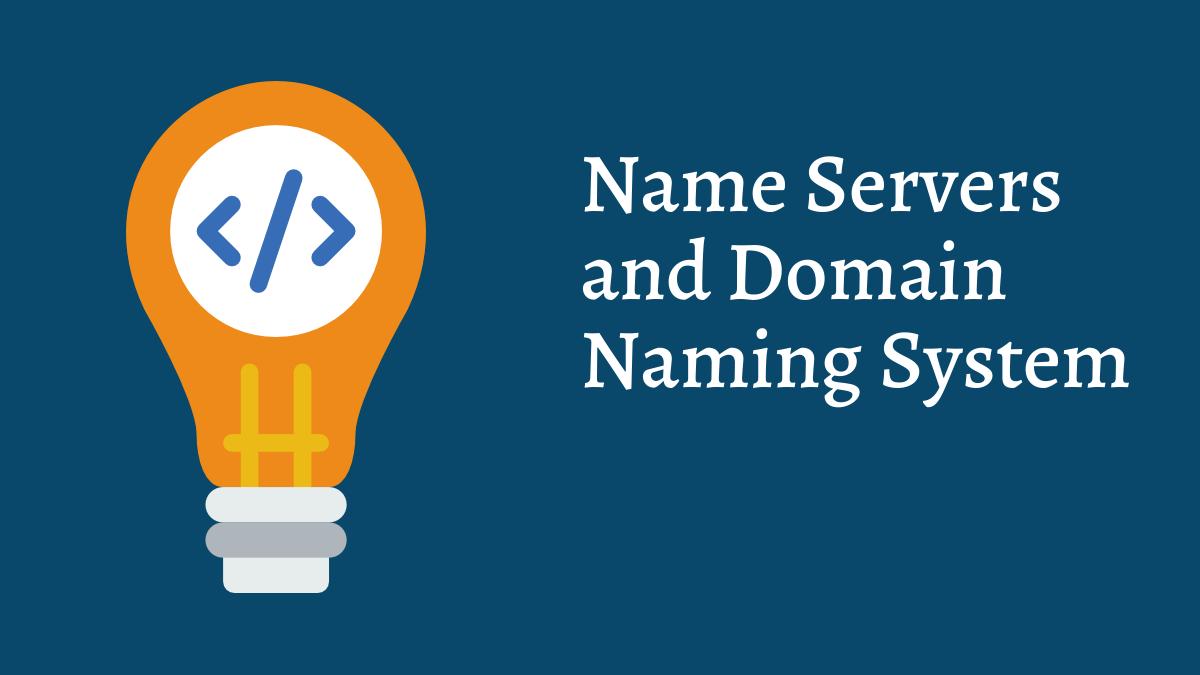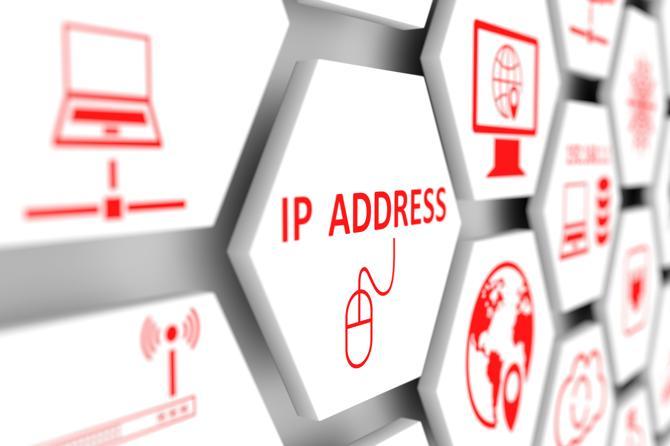
News Block
Fullwidth Featured
Understanding SSDs and NVMe: A Comparative Overview
Introduction: Solid State Drives (SSDs) and Non-Volatile Memory Express (NVMe) represent groundbreaking advancements in storage technology, revolutionizing how data is stored, accessed, and managed in modern computing systems. SSDs, unlike traditional Hard Disk Drives (HDDs), utilize flash memory to store data, offering superior performance, reliability, and efficiency. NVMe, on the other hand, is a communication […]
Demystifying SSL Validation: A Comprehensive Guide
Introduction SSL (Secure Sockets Layer) validation methods are essential processes used by Certificate Authorities (CAs) to verify the legitimacy and ownership of domains and entities requesting SSL certificates. These validation methods ensure that SSL certificates are issued only to verified and authorized individuals or organizations, enhancing the security and trustworthiness of online communications and transactions. […]
MSSQL hosting: A Comprehensive Guide
Introduction: In the realm of website hosting, the choice of database management system plays a pivotal role in determining the efficiency, scalability, and security of web applications. One such prominent system is Microsoft SQL Server (MSSQL), a robust and feature-rich platform widely used in enterprise environments. MSSQL website hosting refers to a specialized hosting service […]
Harnessing the Power of Nameservers: A Comprehensive Guide
What are Nameservers? Nameservers, also known as DNS (Domain Name System) servers, are essential components of the internet infrastructure. They are responsible for translating human-readable domain names (like www.example.com) into IP (Internet Protocol) addresses that computers and networking devices can understand and use to locate resources on the internet. When you type a domain name […]
Unraveling the Role of IP Addresses in Website Hosting
What is IP address in website hosting? An IP (Internet Protocol) address is a unique numerical label assigned to each device connected to a computer network that uses the Internet Protocol for communication. In the context of website hosting, an IP addr is associated with the server where a website is hosted. When you type […]
A Quick guide to Plesk control panel with its features, advantages and disadvantages.
What is Plesk control panel? Plesk is a commercial web hosting control panel that simplifies the process of managing web hosting servers. It provides a user-friendly interface that allows users to easily manage various aspects of their websites and server configurations without needing advanced technical skills. Plesk is compatible with both Windows and Linux operating […]
A Comprehensive Guide to Nameservers and How it’s works.
What is Nameservers? Nameservers, also known as DNS (Domain Name System) servers, play a crucial role in translating human-readable domain names into IP addresses that computers use to identify each other on the Internet. When you type a website’s domain name into your browser, such as www.example.com, your computer needs to know the corresponding IP […]
Demystifying SSL Certificates: Free vs. Paid – Understanding How They Work, Security, and Renewal
An SSL (Secure Sockets Layer) certificate is a digital certificate that authenticates the identity of a website and enables secure, encrypted connections between a web browser and a web server. It ensures that data transmitted between the user’s browser and the server remains private and integral, protecting sensitive information from being intercepted or tampered with […]
Why DKIM and SPF Records are Crucial for Your Email Security
DKIM (DomainKeys Identified Mail) DKIM adds a digital signature to email messages. When an email is sent, the sending mail server uses a private key to create a unique signature based on the content of the email. This signature is attached to the email header. The recipient’s mail server, upon receiving the email, retrieves the […]
Let’s know about IMAP and POP3 settings in mail and their differences.
Introduction Email communication relies on specific protocols for retrieving messages from a mail server. Two commonly used protocols are IMAP (Internet Message Access Protocol) and POP3 (Post Office Protocol version 3) IMAP and POP3. Understanding the configuration variances between IMAP and POP3 is crucial for efficiently managing emails, catering to diverse user needs, and ensuring […]

























